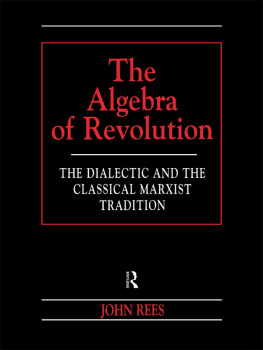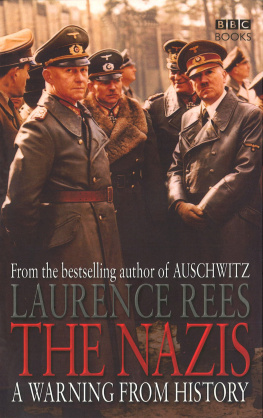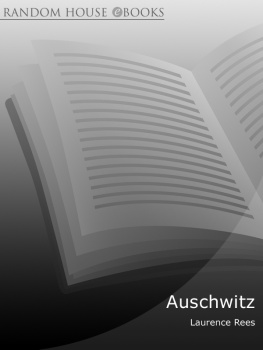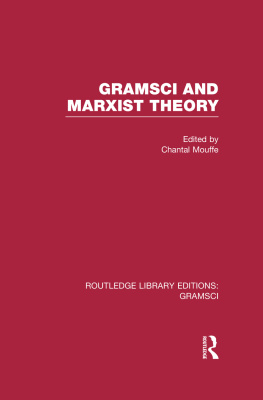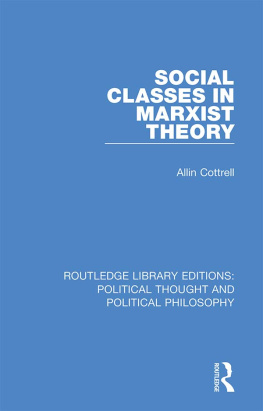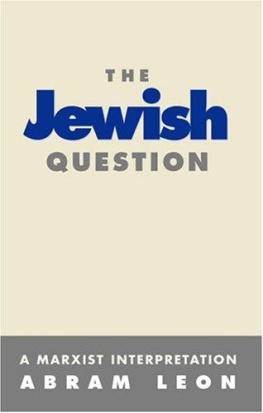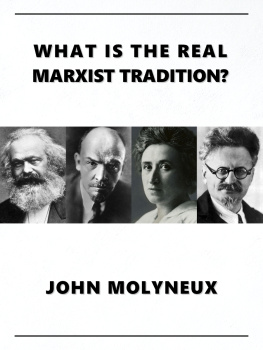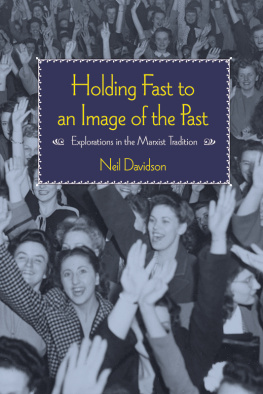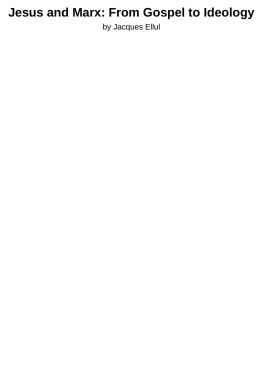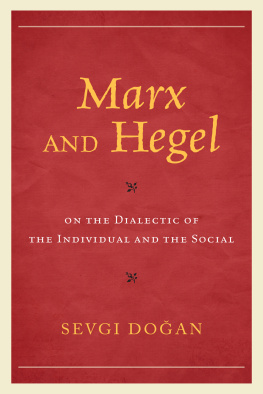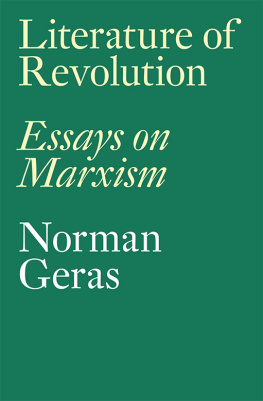The Algebra of Revolution
This is a lively, well-informed, and accessible work on Marxism, which always stays in touch with the historical and social conditions in which theory developed. Rees demonstrates that philosophical issues constantly arise in the revolutionary struggle. In a word, Rees vindicates dialectic as truly as the algebra of revolution.
Chris Arthur, author of The Dialectic of Labour
John Rees has produced a challenging and readable account of the elusive concept of the dialectic. In so doing, he does much to illuminate both the Marxist tradition and the contradictions of contemporary capitalism.
David McLellan, author of Karl Marx and The Young Hegelians and Karl Marx
The Algebra of Revolution offers a fresh and superbly clarifying account of the major developments in classical Marxism. It presents this account in terms that a wide range of readers will be able to understandbut with a depth of analysis and reference that will make the book indispensable for advanced students and scholars as well.
William Keach, Brown University
John Rees's The Algebra of Revolution isan answer to a prayer. Written from the standpoint of Lukacs's Hegelian Marxism, it provides a clear and accessible account of the dialectic which succeeds in offering the reader an easy way into the subject and at the same time treats difficult and controversial issues with the depth and rigour they require.
Alex Callinicos, University of York, author of The Revolutionary Ideas of Marx
John Rees is the Editor of International Socialism and a leading member of the Socialist Workers Party. He is the author of The ABC of Socialism and In Defence of October.
The Algebra of Revolution
The Dialectic and the Classical Marxist Tradition
JOHN REES
LONDON AND NEW YORK
First published 1998
by Routledge
11 New Fetter Lane, London EC4P 4EE
This edition published in the Taylor & Francis e-Library, 2005.
To purchase your own copy of this or any of Taylor & Francis or Routledge's collection of thousands of eBooks please go to www.eBookstore.tandf.co.uk.
Simultaneously published in the USA and Canada
by Routledge
29 West 35th Street, New York, NY 10001
1998 John William Rees
All rights reserved. No part of this book may be reprinted or reproduced or utilized in any form or by any electronic, mechanical, or other means, now known or hereafter invented, including photocopying and recording, or in any information storage or retrieval system, without permission in writing from the publishers.
British Library Cataloguing in Publication Data
A catalogue record for this book is available from the British Library
Library of Congress Cataloguing in Publication Data
Rees, John. 1957
The algebra of revolution: the dialectic and the classical Marxist tradition/John Rees.
p. cm.(Revolutionary studies)
Includes bibliographical references and index.
1. Dialectical materialismHistory. 2. DialecticHistory.
I. Title. II. Series.
B809.8.R39 1998
335.4 1-dc21 9724653
ISBN 0-203-98317-3 Master e-book ISBN
ISBN 0-415-19876-3 (hbk)
ISBN 0-415-19877-1 (pbk)
Acknowledgments
This introduction to the marxist dialectic has been a long time in the making. The chapters on Hegel and Trotsky are expanded and redrafted versions of articles that first appeared in International Socialism, issues 43 and 47, respectively. The debts that I have accumulated in the course of finishing the book are varied and numerous. Some years ago I was fortunate to be taught by a convinced Hegelian, Steve Bosworth. We did not agree, but, in the way of the dialectic, I learned a great deal. At Hull University, Bhikhu Parekh was a skilled interpreter of Marx's philosophy and considerate of the demands of political activism. The longest standing debt is to Maggie Backon who, from first germ to first draft, never failed to encourage the project's completion.
I am particularly thankful for the intellectual company and friendship of four people who commented on the finished draft: Alex Callinicos, Chris Harman, Tony Cliff, and John Molyneux. Gill Hubbard commented on the introduction and first chapter, and Jim Dixon provided vital technical assistence. I am grateful to them both. I owe my introduction to Paul Le Blanc at Humanities Press to my friends Ahmed Shawki and Sharon Smith. Paul Le Blanc was the editor for which every author wishes and without whom the book would be much poorer.
Judy Cox made it seem that I could do the impossible: write this book and edit International Socialism at the same time. It is only right to admit that this is an illusion sustained by her hard work.
Lindsey German read innumerable drafts and made many valuable criticisms, but that is only a small part of the great debt that I owe her. Finally, if the dialectic is understood in its original sense, as truth that emerges through discussion, then I learned it first from my parents. This book is, therefore, dedicated to Margaret Rees and to the memory of Edgar Rees.
Introduction: Contradictions of Contemporary Capitalism
The very possibility of human life is governed by contradictions. Consider this: In the last three decades, the average life span of a human being has lengthened by ten years or more. In the poorest parts of the world, it has grown from fortyeight years to sixty-three years. The causes are various, but any account would include the increased application of science to agriculture (the so-called green revolution), improvements in medical provision, and the consequent halving of the infant mortality rate. Progress, by any criterion.
But this is only half the story. Over a similar period, in the years since the Second World War, there have been 149 wars which have left more than 23 million deada population almost as large as Canada's today. On an average yearly basis, the numbers killed in wars during this period have been more than double the deaths in the nineteenth century and seven times greater than in the eighteenth century. Were we to extend our survey to the entire twentieth century, and thus include two World Wars, our age would appear even more murderous. Regression, by any criterion. Yet it is the very same development of human productivity that gives rise both to the possibility of life and to its destruction.
The number of physicians in the world has grown from nearly 1.6 million in 1960 to nearly 5.7 million in 1990. A step forward certainly. But the numbers of the armed forces have grown from over 18 million to over 26 million in the same period. A step backward. In the same thirty years, education spending has grown worldwide from $486 to $1,048 per student. But military spending per soldier has risen from $18,140 to $26,536.
Everywhere we look another paradox appears. How can it be, for instance, that in the richest capitalist society in the world, the United States, real weekly incomes have fallen steadily since 1973?
The contradictions are no less striking if we shift our gaze from economics to politics. The introduction of the market into Russia and Eastern Europe was supposed to bring stability and prosperity but has actually produced the opposite. The end of the Cold War was supposed to usher in a peaceful New World Order. In fact, even if we exclude the Gulf War, the global number of conflicts rose to an all time record of twenty-nine major wars in 1992 with war deaths reaching a seventeen-year high. On the fiftieth anniversary of the Second World War, fascist organizations reached their postwar peak of influence in several European countries. Yet at the same time, when the working-class movement in the advanced industrialized countries was regularly described by journalists and academics alike as a spent force, there were mass strikes during the 1990s in, for instance, Italy, Spain, Greece, Canada, and France.

